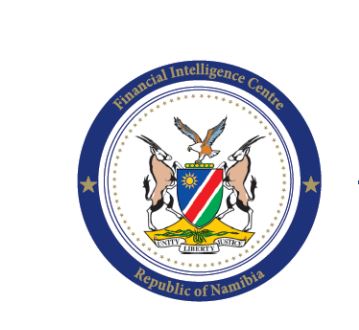
Final public consultations in addressing findings related to anti-money laundering and terrorism financing underway

The Financial Intelligence Centre (FIC) last week announced that Namibia is making steady progress in addressing findings related to its Anti-Money Laundering and Combatting the Financing of Terrorism and Proliferation Framework (AML/CFT/CPF).
It comes as the FIC about a month ago indicated that the country underwent a second peer review/mutual evaluation aimed at assessing the country’s compliance with the United Nations Conventions on AML/CFT/CPF and mandatory UN Security Council Resolutions issued under Chapter VII of the United Nations Charter, as embedded in the Financial Action Task Force recommendations.
According to the FIC acting director, Kristian Hamutenya, to maintain the integrity of its financial system, Namibia is going to great lengths to meet the deadlines to prevent the country from being greylisted.
Moreover, the Cabinet approved a National Action Plan in December 2022 to effectively mitigate the risk of a targeted review. The first round of public consultations already took place from mid-February to early March 2023.
Hamutenya said the final consultation is now underway, and all public and private sector stakeholders are under strict commitment and instruction to do everything possible to expedite the implementation of the Cabinet-approved National Action Plan.
Additionally, this includes proposed legislative changes and enhanced effectiveness measures by law enforcement agencies to address the findings. The consultation, open to all, was scheduled for Tuesday, 14 March, from 09h00 to 15H00 at the Bank of Namibia offices.
“All regulated entities, regulatory and supervisory bodies, civil societies, the academia, public and private sector role players, key stakeholders and members of the wider public are again invited to provide inputs and comments to the proposed amendments and Bills mentioned above,” Hamutenya noted.
He said the relevant national stakeholders have hitherto prepared draft amendments and Bills, which include the Financial Intelligence Act, 2012, the Prevention and Combating of Organised Crime Act, 2004, and the Prevention and Combating of Terrorist and Proliferation Activities Act, 2014.
Other draft amendments and relevant Bills include the Criminal Procedure Act, 1977; the Police Act, 1990; the Extradition Act, 1996; the International Cooperation in Criminal Matters Act, 2000; The Companies Act, 2004; the Close Corporations Act, 1988; The Banking Institutions Act, (Act 2 of 1998), Trust Property Bill, and the Payment Systems Management Act, (2003).
“Ultimately, the FIC assures stakeholders that closing gaps in the mutual evaluation findings remains a top priority for the government. The ongoing consultations are the first step in ensuring Namibia meets the expectations of the exercise,” Hamutenya stated.
Hamutenya invited inputs and contributions to the proposed Virtual Asset and Initial Token Offering Services Bill.
He emphasized that if passed, this legal instrument will support the existing legislative framework, especially the FIA, in enhancing the supervision, licensing, and monitoring of Virtual Assets Service Providers.










































